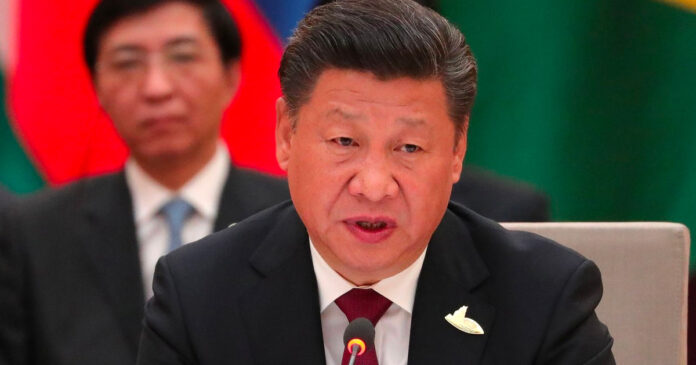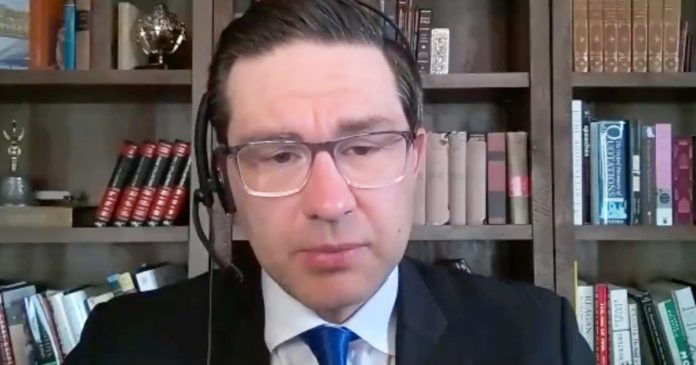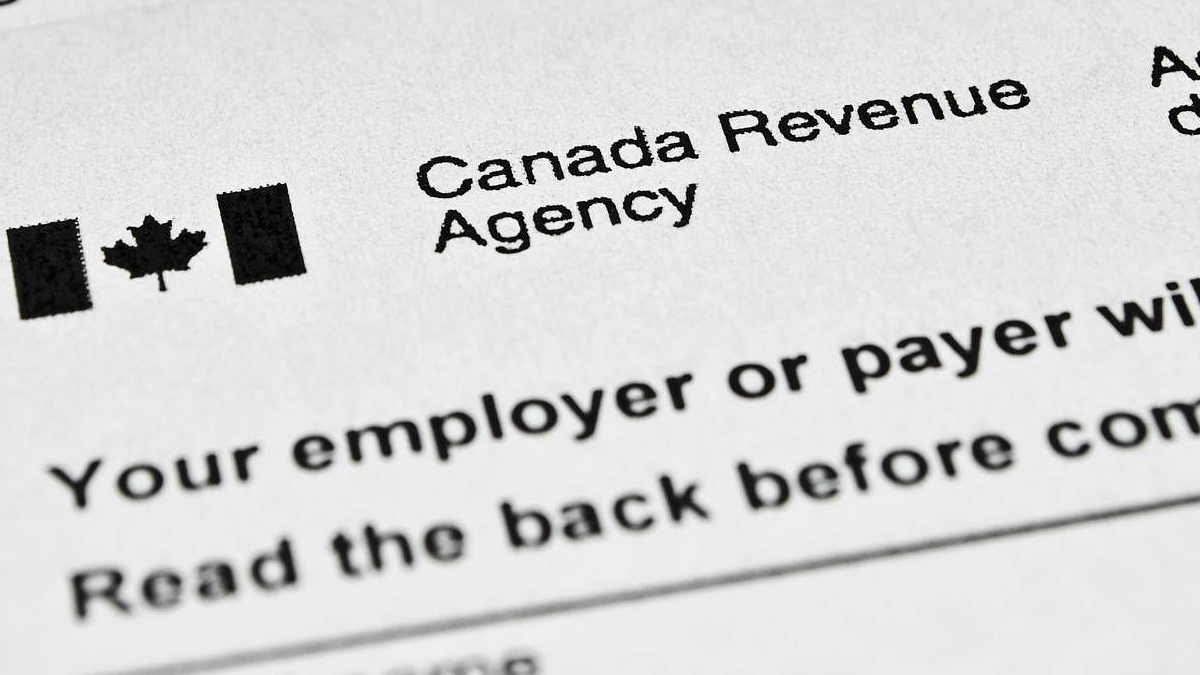It’s been one year now since Putin’s brutal invasion of Ukraine. I’m friends with a priest in the Ukrainian Catholic Church, and I remember how heavily he spoke of seeing his fellow countrymen under attack.
I remember watching the horrifying videos of the shelling late into the night. Of villages and cities torn apart by bombs. And the dead. It’s been a rough year for the Ukrainian people.
And while a lot has happened in that time, one thing that hasn’t changed is the way Putin is bankrolling this war – oil.
Despot oil that he’s been selling to our European allies who need it to keep their people warm, and who are desperate to get off it.
A year ago I, and many, many others, made the case that one of the best and simplest things Canada could do to help Ukraine and the rest of the world, would be to unleash our energy sector immediately, get selling our Liquified Natural Gas (LNG) to those countries begging us for it, and use the tax revenues to boost Canada’s GDP at the same time.
In fact, it was an argument that many have been making for a long time. We need to displace despot energy around the world with responsibly-made Canadian energy or else we’ll see more dictators engage in more brutality, and pollute with impunity.
But what has the Canadian government done to get our energy out there to the world? Squat.
Prime Minister Justin Trudeau refuses to remove red tape choking our energy industries and hampering new investment. He keeps telling our allies coming here looking for our energy that they really ought to consider installing some solar panels instead. It’s embarrassing.
On the weapons front, we’re barely able to send four tanks to go help the Ukrainians. Polling shows that Canadians want to see Ukraine win, and want to do more to help, but feel we can’t afford to at this time. Imagine how much help we could give if we had the money from selling our oil and gas?
And while Ukraine and the world deals with Putin’s ongoing war, we have news here at home that China has been interfering in our elections. And while there are many motives for China to interfere, some are more nefarious than others.
China is an ally of Russia. After the world sanctioned Russia, China became Putin’s most important trading partner. And at the end of the day they both have an interest in keeping democracies like ours from becoming big players on the global stage.
If Canada made full use of its resource industries, we’d become an economic super power. We have the best resources in the world, and the world wants them. If we sold them, we’d pull in more dollars than we’d know what to do with.
We would be able to afford to properly protect, patrol, and secure our skies, coasts, and oceans. Make our NATO commitments, and help our allies.
Presumably, China does not want this to happen.
It’s no secret that Trudeau’s government has run our armed forces into the ground. The Brits came and told us they’re going to patrol our arctic for us because we couldn’t.
When the spy balloon came floating over the arctic, we had to politely wait for our American allies to shoot it down. So it’s no wonder that China feels like they can interfere in our electoral processes.
The government’s official party line is that it’s not a big deal. In fact, Trudeau said if you are worried about it, you’re harming democracy. It’s embarrassing to the intelligence of Canadians who, I think, are getting sick and tired of this government’s agenda of saying they care, but not showing it.
It is a big deal that we won’t give our allies the energy they want and need. It is a big deal that we can’t fully protect our waters or elections. It is a big deal that millions of Canadians can’t afford gas, or food, or housing, or get a doctor.
We need to stop letting bullies in the form of the communist Chinese government interfere in our affairs. And we need to stop letting bullies like Putin wage a brutal war against Ukraine.
Prime Minister Trudeau had a chance to help stop both, and failed. His government is stuck in the ditch of the outdated “keep it in the ground” ideology.
We need a government that sees Canada and its bounty of resources as a solution to global economic turmoils.
A strong, richer, more prosperous Canada will lead to a safer world – let’s make it happen for Ukraine’s sake.





























